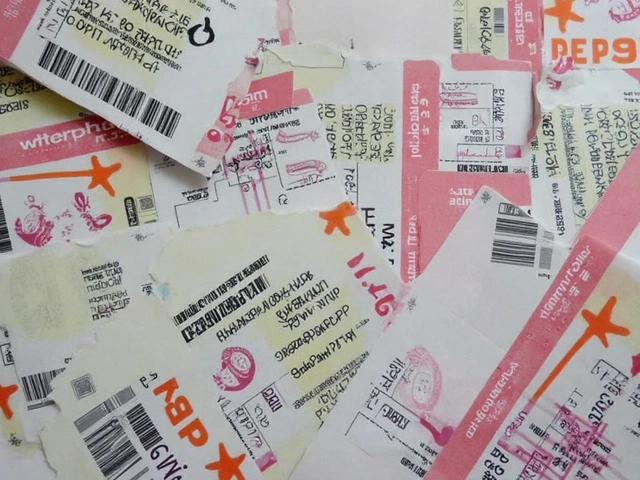Eligibility: Your Quick Guide to Knowing If You Qualify
Ever wonder why you were told "you don’t meet the eligibility" for something? It’s not a mystery—it’s just a set of rules that decide who can get a job, a loan, a scholarship, or a government benefit. Understanding those rules makes the process a lot less frustrating.
Common Areas Where Eligibility Counts
Eligibility pops up in many parts of life. When you apply for a job, the recruiter checks education, experience, and sometimes age. Banks look at income, credit score, and residency before giving a loan. Colleges ask for grades, test scores, and extracurriculars for admissions. Even government schemes have residency, income, and family‑size criteria. Knowing which box you need to tick helps you avoid wasted applications.
Practical Steps to Verify Your Eligibility
Step 1: Read the fine print. The eligibility list is usually at the top of the application page or in a brochure. Write down each requirement and compare it to your own details. Step 2: Gather proof. If an income limit is mentioned, have your payslips or tax returns ready. Step 3: Use online calculators. Many banks and scholarship sites provide quick tools where you enter a few numbers and see instantly if you qualify. Step 4: Ask questions. If something isn’t clear, contact the provider – a quick call can save hours of paperwork.
Let’s look at a real‑world example. You want a student loan for a professional course. The lender says you need a minimum CGPA of 6.5, a valid ID, and a co‑signer if your income is below ₹2 lakhs per year. You check your transcript (7.2 CGPA), pull your ID, and see that your salary is ₹1.8 lakhs. The lender’s calculator tells you you’ll need a co‑signer, so you call a parent and get their agreement before you start the formal application.
Another scenario: applying for a government subsidy on electricity. The eligibility includes a residential address in a specific zone and a monthly bill below ₹500. Pull your latest bill, verify your address, and you’re good to go. If your bill is higher, you might consider energy‑saving steps first, then re‑apply later.
Why bother with all this? Because eligibility isn’t a barrier; it’s a guideline. When you know the exact criteria, you can either meet them or find alternatives. For example, if a job requires five years of experience and you have three, consider an internship or a volunteer role to bridge that gap. If a loan needs a higher credit score, work on paying down existing debt before you apply again.
Here are three quick tips to boost your eligibility odds:
- Keep documents updated – passports, certificates, and bank statements should never be expired.
- Build a strong credit history – pay bills on time and limit high‑balance credit cards.
- Stay informed – eligibility rules change, especially for government schemes. Subscribe to official newsletters or set Google alerts for the programs you care about.
Finally, remember that “ineligible” today doesn’t mean “forever.” Many programs have age limits, income thresholds, or experience windows that shift over time. Re‑checking every six months can reveal new opportunities you missed before.
So the next time someone tells you you’re not eligible, ask for the exact criteria, match them against your profile, and see if a small tweak can turn a no into a yes. Eligibility is just a checklist – and with the right approach, you’ll be checking the right boxes faster than you think.
NEET UG 2025 Registration Now Open: Key Dates, Changes to Exam Format, and Eligibility Details
The registration for NEET UG 2025 has begun, with the exam date set for May 4, 2025. The registration involves online steps like filling forms, uploading documents, and paying fees. Changes in the exam format make all 180 questions compulsory, without optional questions. Eligibility details and enrolment courses are specified in the NEET 2025 brochure, with APAAR ID not mandatory.





